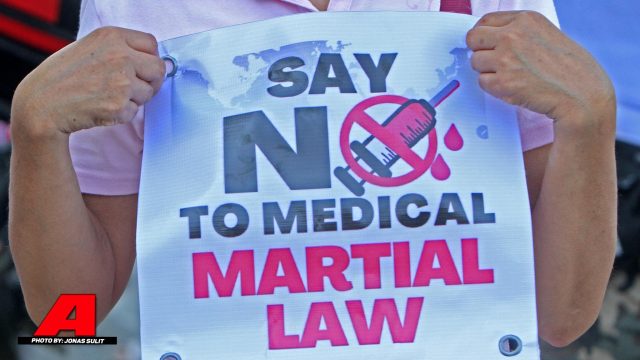
The Philippine CDC Act, also known as Senate Bill No. 1869, seeks to establish the Philippine Center for Disease Control and Prevention (PCDC) as a separate agency from the Department of Health (DOH). While the bill intends to strengthen the country’s response to public health crises, it is fraught with several problems that could hinder its effectiveness and exacerbate existing issues in the healthcare system.
One of the primary concerns with the PCDC is its potential duplication of functions with the DOH. The bill proposes that the PCDC will have the power to plan, implement, and coordinate disease surveillance and outbreak investigations, among others. However, these are already within the mandate of the DOH, which has been leading the country’s COVID-19 response efforts. Dividing these responsibilities between two agencies could lead to confusion and inefficiency, especially during a health emergency.
Another issue with the PCDC is its potential for political interference. The bill proposes that the PCDC director will be appointed by the President of the Philippines, with the consent of the Commission on Appointments. This setup gives the President significant control over the PCDC, which could compromise its independence and effectiveness. The appointment process should prioritize merit and expertise to ensure that the PCDC can operate based on scientific evidence and public health principles.
The PCDC also lacks clear funding mechanisms, which could limit its ability to perform its functions effectively. The bill proposes that the PCDC will be funded by appropriations from the General Appropriations Act and other sources, but it does not specify how much funding it will receive. Without adequate funding, the PCDC may not have the resources to carry out disease surveillance and outbreak investigations, develop public health policies, and respond to health emergencies promptly.
Another problem with the PCDC is its potential to exacerbate existing health inequities in the country. The bill proposes that the PCDC will establish regional offices, but it does not specify how many or where these offices will be located. There is a risk that the PCDC will focus its resources and attention on urban centers, neglecting rural areas and marginalized communities. Health inequities already exist in the country and the PCDC should have mechanisms in place to ensure that it can reach and serve all populations, regardless of their location or socioeconomic status.
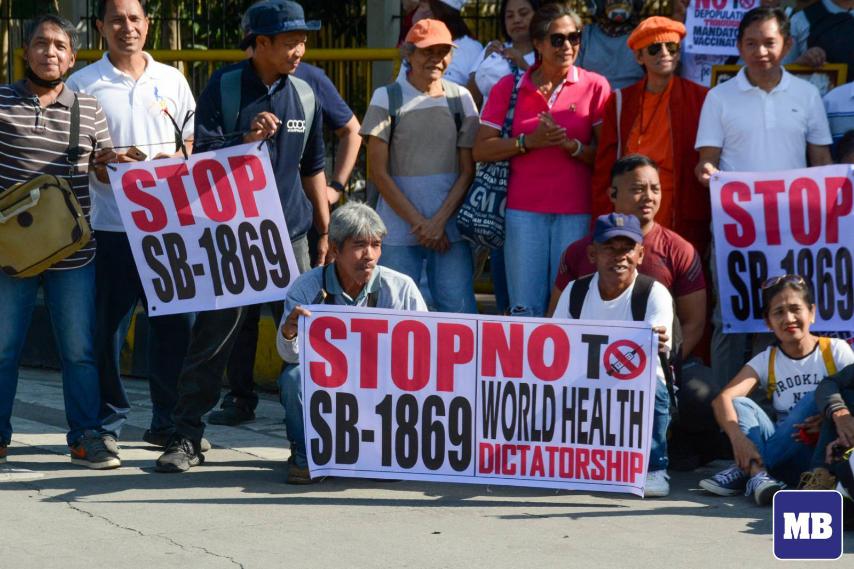
Aside from these, many citizens fear that this bill, if passed into law, may result in a violation of privacy and harassment as Section 13(f) of Article V, Response Action entails anyone suspected of carrying a communicable disease can be put on surveillance, “as defined under Republic Act No. 7925, or the Public Telecommunications Policy Act of the Philippines shall provide location information of patients or persons suspected of contracting a disease upon request of the CDC: Provided, That the CDC shall ensure confidentiality of such information.”
Furthermore, what makes this bill problematic is that aside from the fact that it can restrict the activities and/or separate/quarantine/detain “suspect persons who are not ill to prevent the possible spread of infection or contamination“, it may result in abuse of power and violation of human rights as it may treat persons suspected of contracting a communicable disease like criminals as stated under Section 11.5(f) of Article IV, Operational Structure, Management, And Staff Of The Center, “request the assistance of the Philippine National Police or the National Bureau of Investigation to locate any patients or suspected persons.”
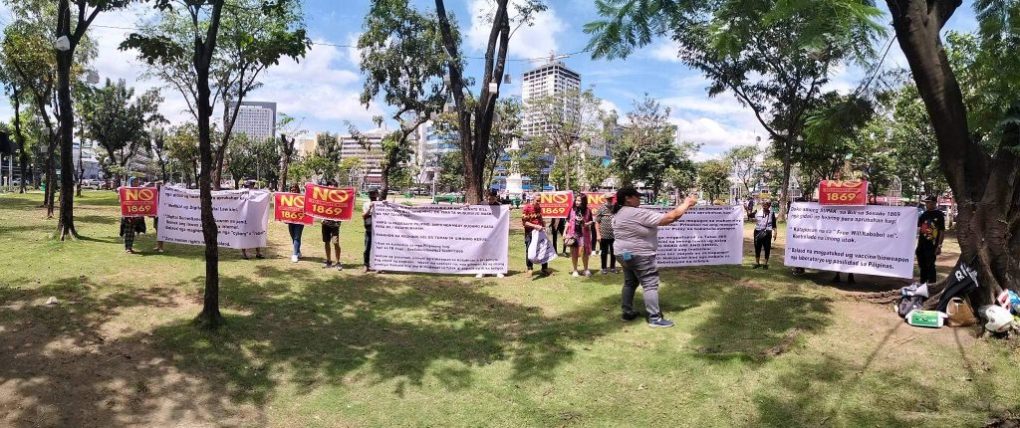
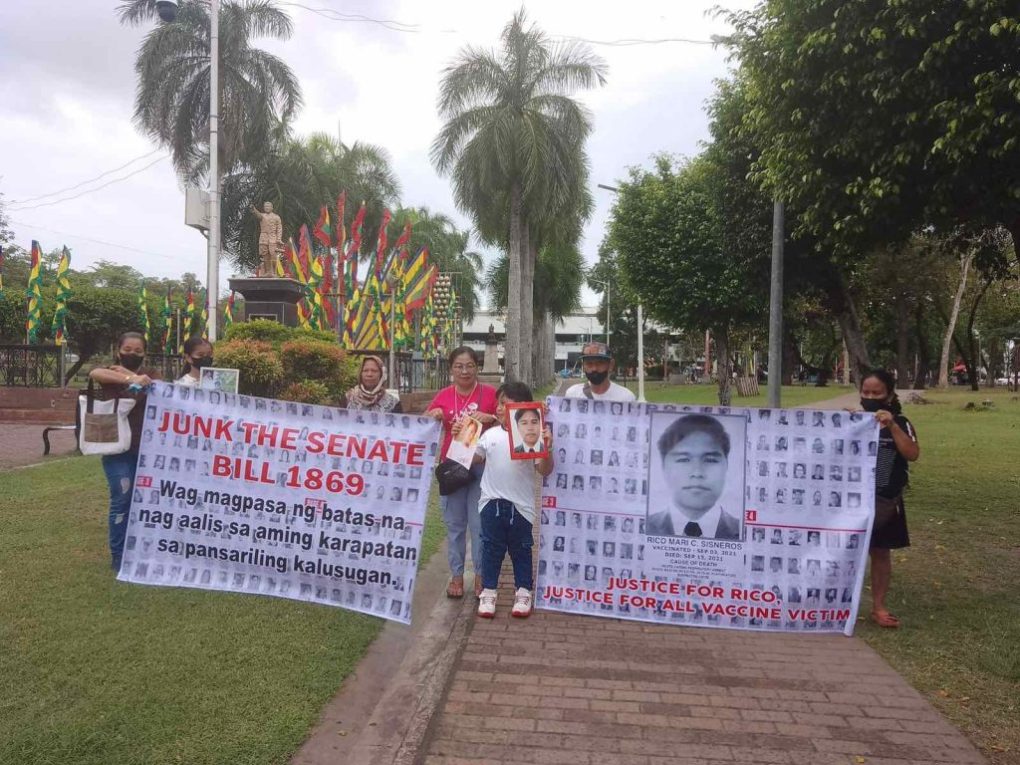
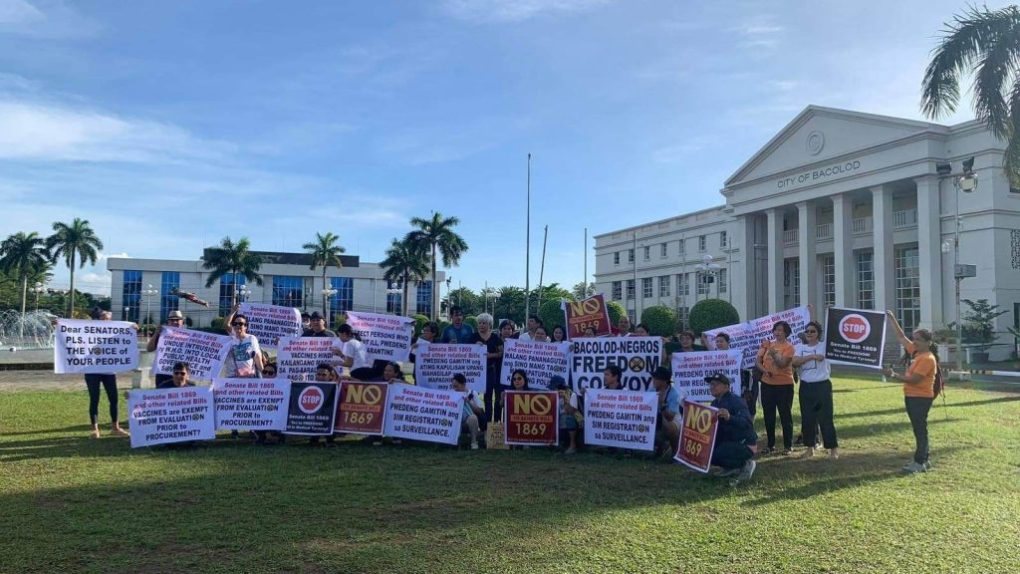
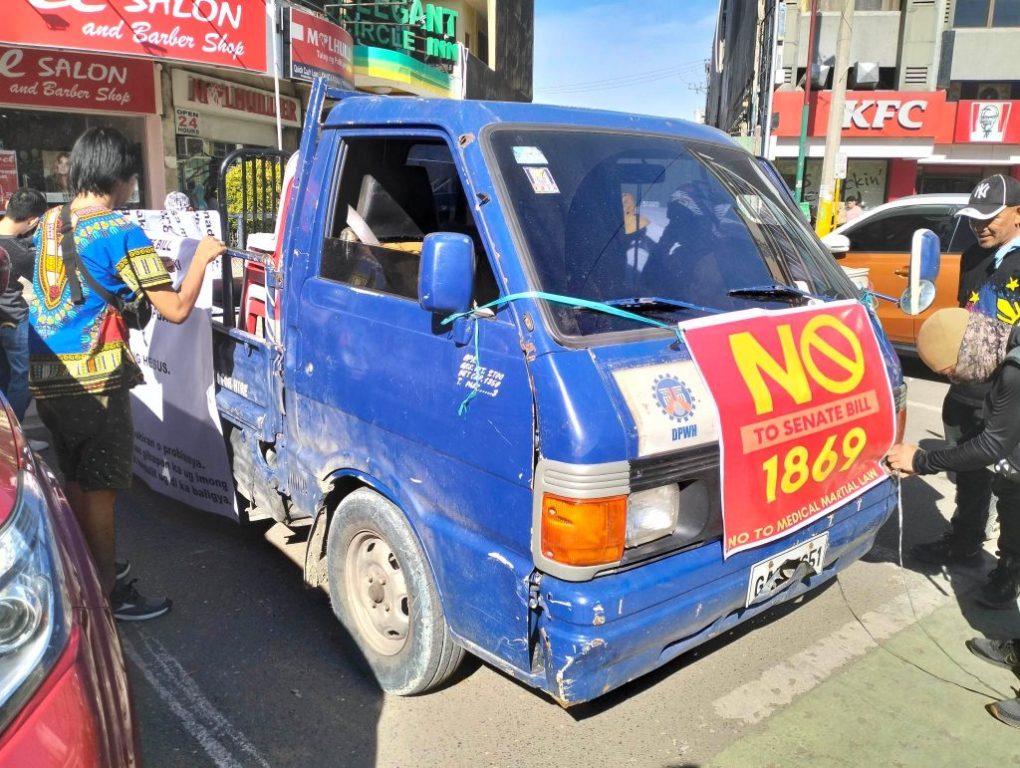
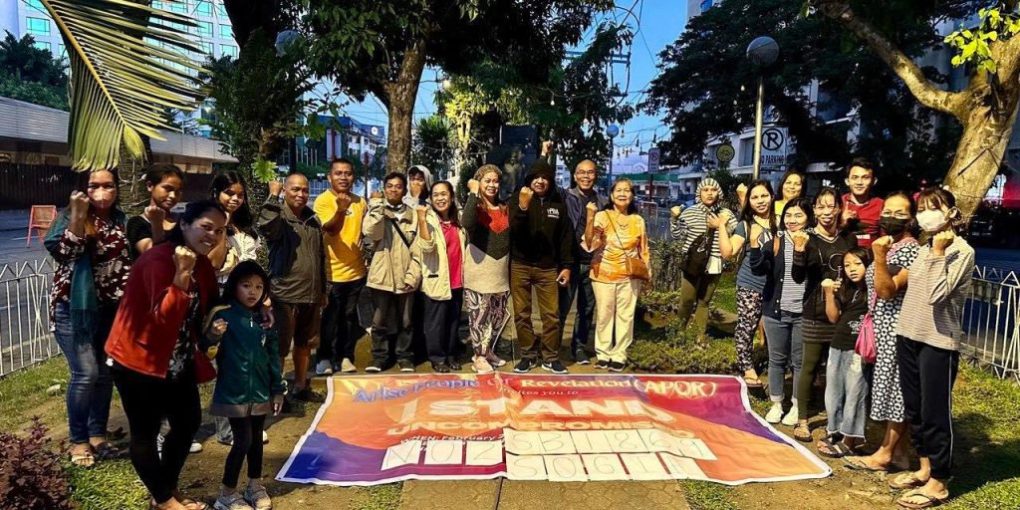
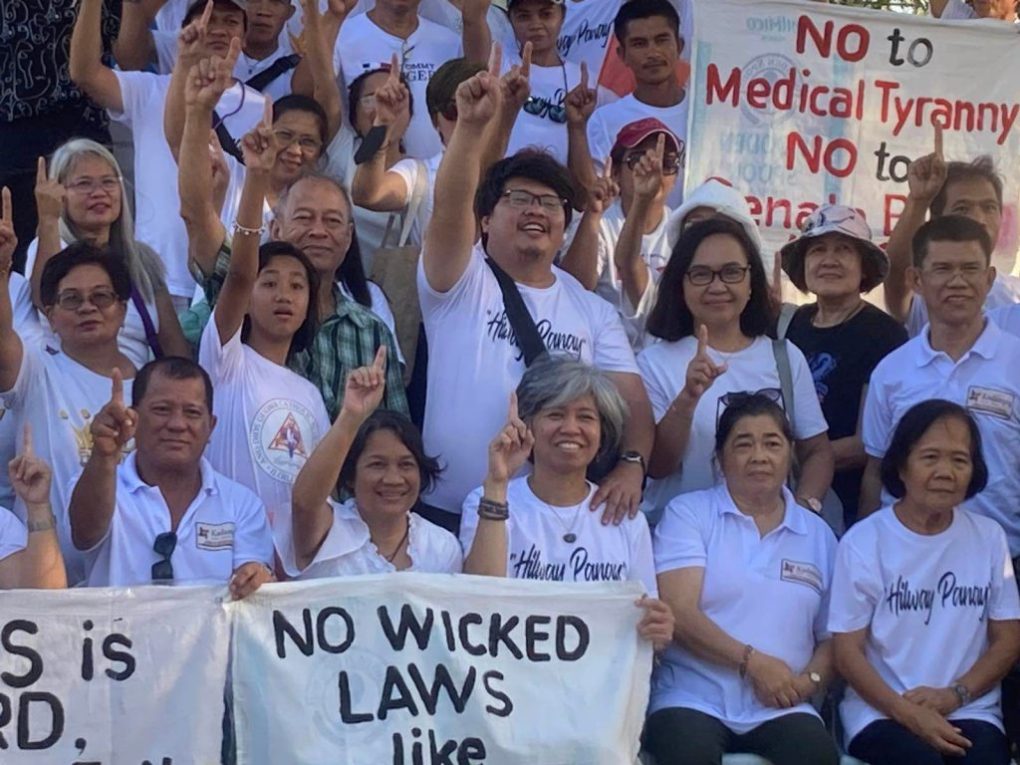
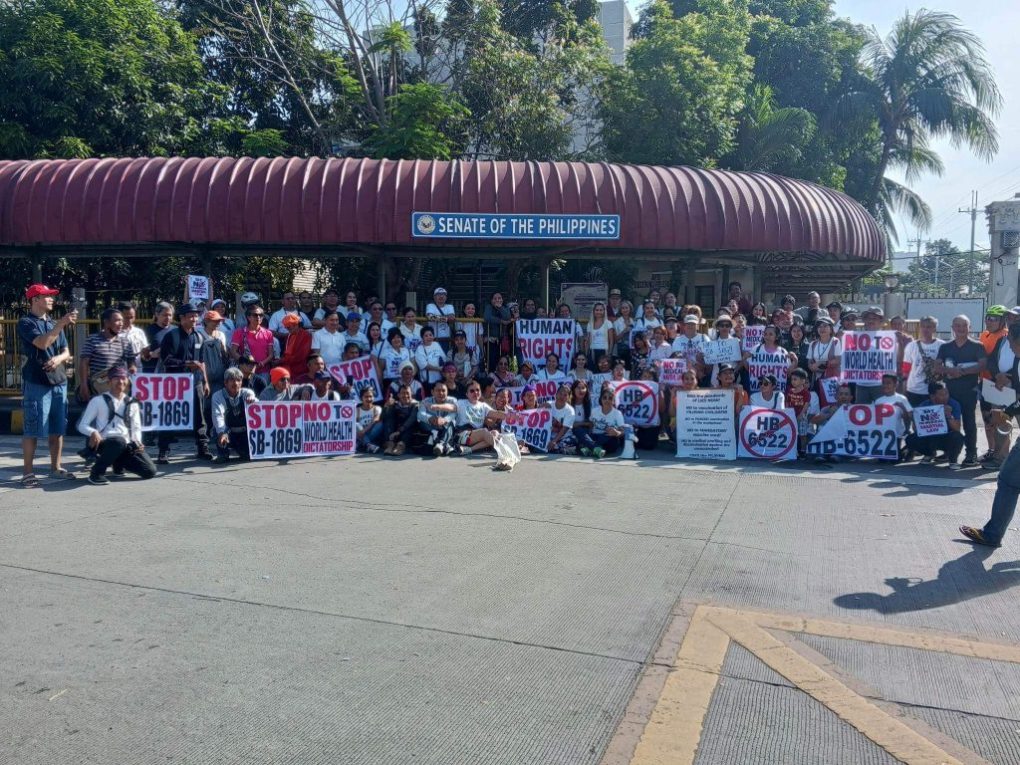
Simultaneous protests conducted by the CCH in different parts of the country
Finally, the creation of the PCDC may result in the weakening of the DOH. The DOH has been the primary agency responsible for health in the country, and its mandate includes preventing and controlling the spread of infectious diseases. The bill proposes that the PCDC will take over some of the DOH’s functions, such as disease surveillance and outbreak investigations. This setup could lead to fragmentation and duplication of efforts, weakening the overall health system’s capacity to respond to health emergencies.
The Philippine CDC Act or Senate Bill No. 1869 has several problems that could hinder its effectiveness in strengthening the country’s response to public health crises while preserving the constitution. The potential duplication of functions with the DOH, political interference, lack of clear funding mechanisms, potential exacerbation of health inequities, a potential violation of constitutional and human rights, and the weakening of the DOH are significant concerns that need to be addressed. While the intention to establish a separate agency focused on disease control and prevention is laudable, the bill needs to be revised to ensure that it can effectively and efficiently carry out its mandate without compromising the overall health system’s integrity and while protecting the citizen’s constitutional and human rights.





